On October 27, Can Tho University organized a 10-year summary of the VILR Vietnam Network Program (2013-2023). This is a cooperation program sponsored by the Council of Universities of the North of Belgium (VLIR), aiming to establish a cooperation network between universities in the Flanders region (Belgium) and universities in Vietnam to develop and strengthen the relationship between institutes, schools and postgraduate training at master's level, granting double doctoral degrees based on research in food biology.
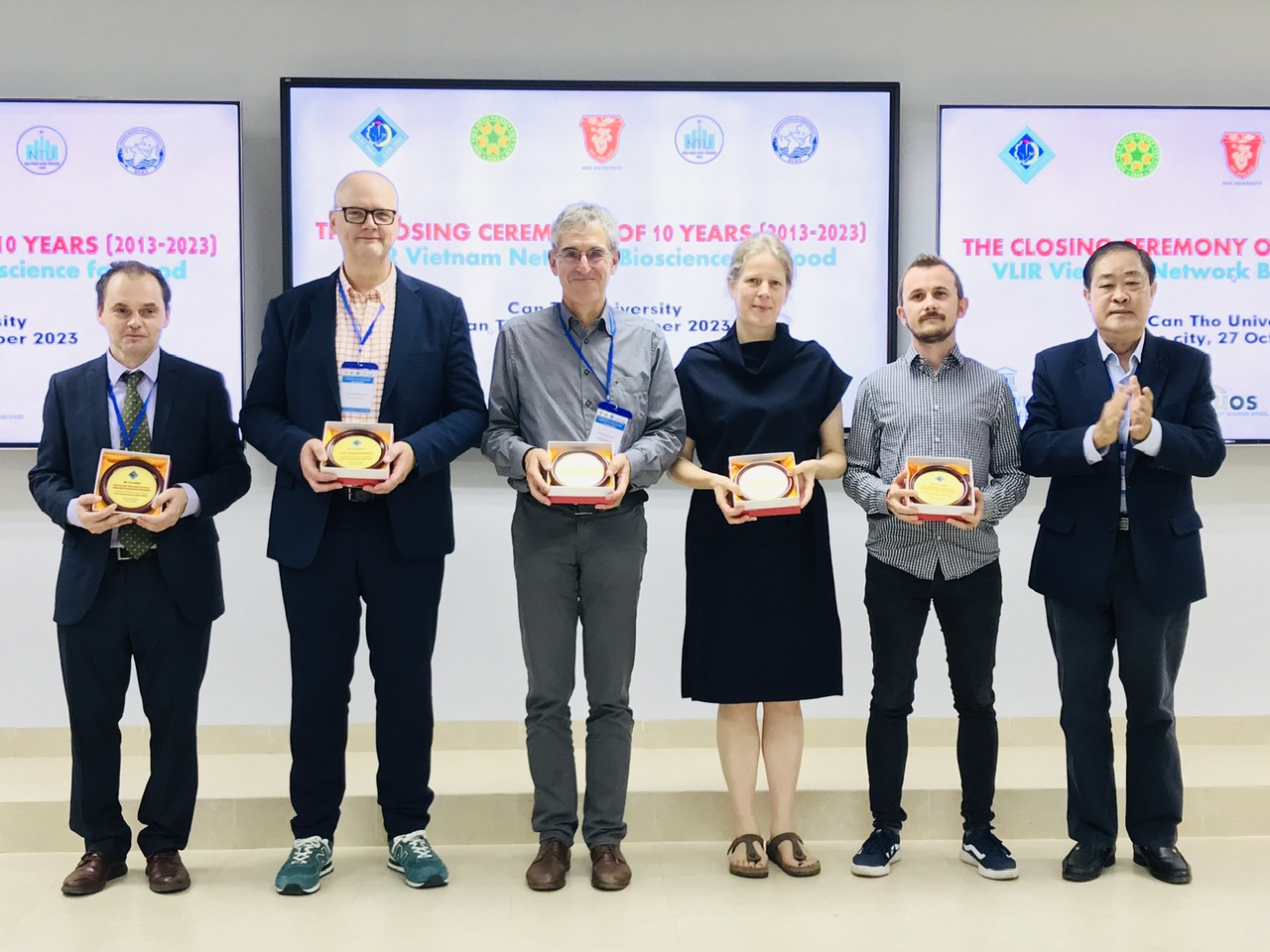
Representatives of Universities in Flanders (Belgium)
Mr. Ha Thanh Toan, Rector of Can Tho University, said that the program has 2 projects: aquaculture and food technology. The implementation period has 2 phases, implemented within 10 years from 2013-2023. The program is implemented from non-refundable government funding, with an amount of more than 2.5 million euros. Gent University (Belgium) and Can Tho University are the 2 main coordinating units. In addition, there is coordination of 4 member institutes and schools: Vietnam National University of Agriculture , Hue University, Nha Trang University and Aquaculture Research Institute 2, Ho Chi Minh City.
After 10 years of implementation, the program has trained 102 masters. Of which, 6 aquaculture courses at Can Tho University with 65 students, 5 food technology courses with 37 students are organized for rotational training at member schools of the network. Students come from 22 countries around the world , most of them from Africa. Besides Vietnam, there are also Myanmar, Indonesia, China, Nepal, Malawi, Philippines, Ethiopia, Tanzania, Kenya, Nigeria, Rwanda, Ghana, Uganda, Zimbabwe...
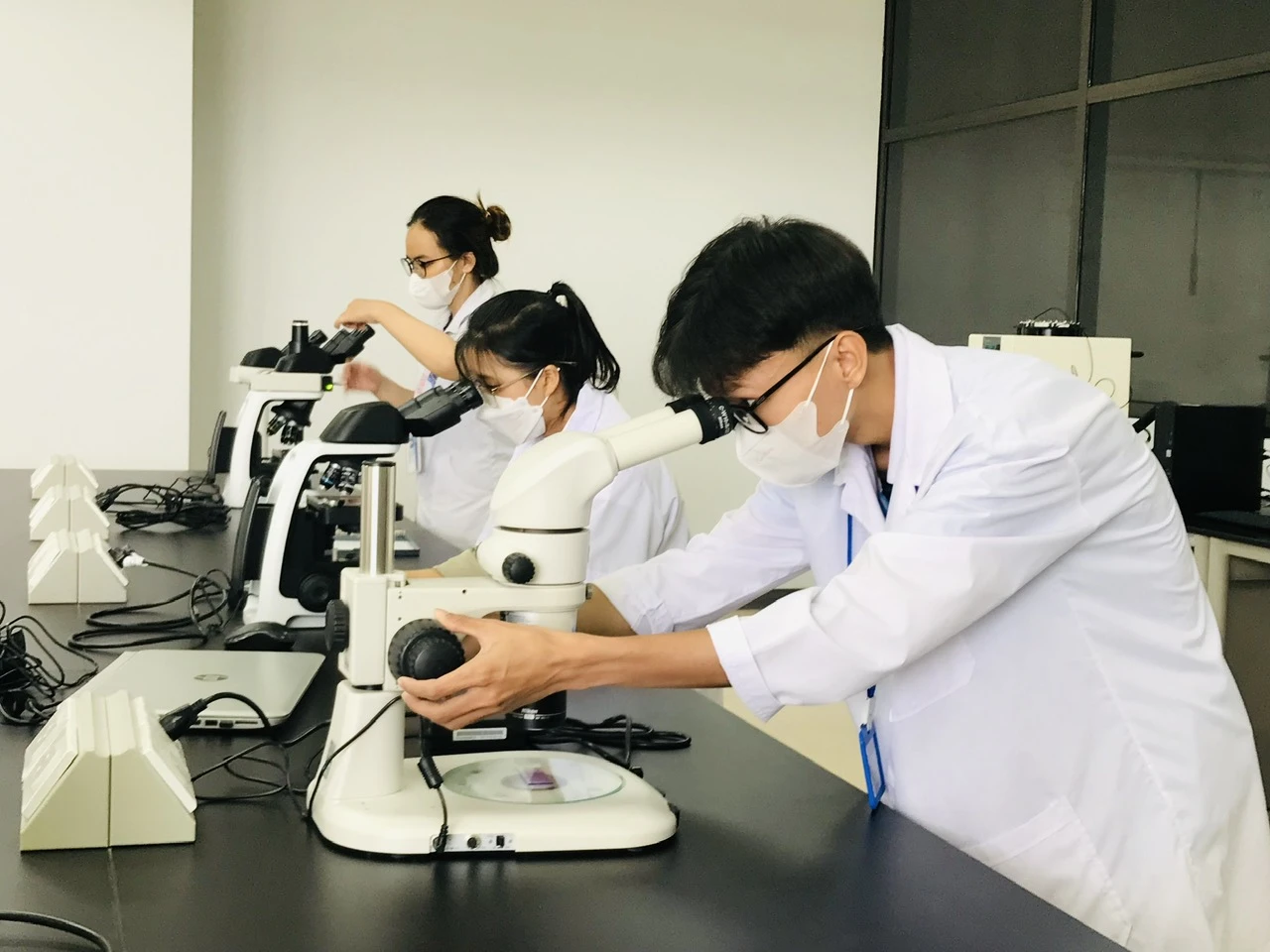
The cooperation network between universities in Belgium and Vietnam has trained 102 international masters in food technology and aquaculture.
Mr. Vu Ngoc Ut, Principal of the School of Fisheries, Can Tho University, said that developing international programs will expand the scope of training, the reputation of the educational institution and the human resources of the lecturers will also be enhanced. Currently, the aquaculture industry in particular has attracted students from 15 countries around the world. Developing the industry is a world trend, because it is related to hunger eradication, poverty reduction, and ensuring food security. Therefore, contributing to training human resources meeting international standards from the cooperation network of VLIR is necessary and meaningful.
Source link










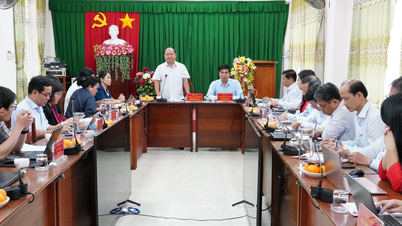

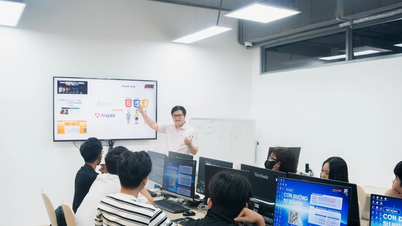

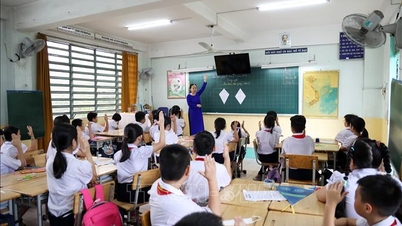

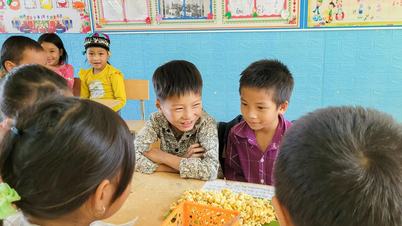

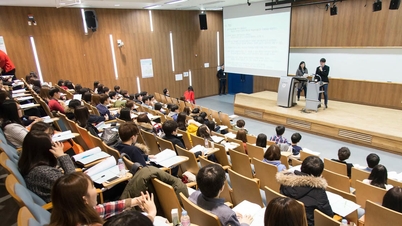

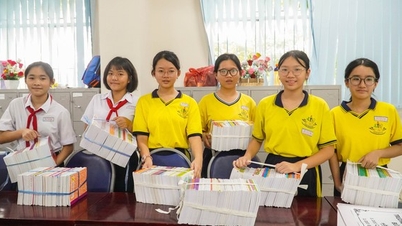

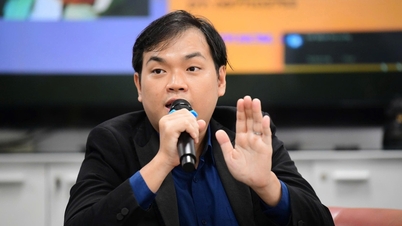

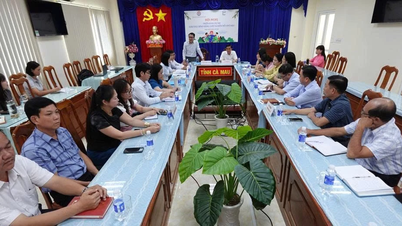
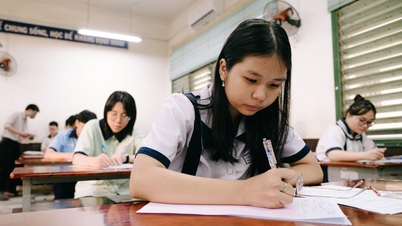
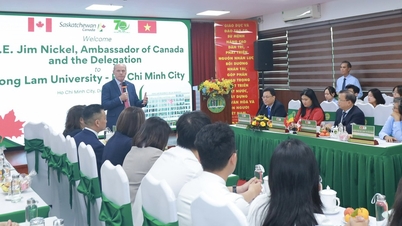







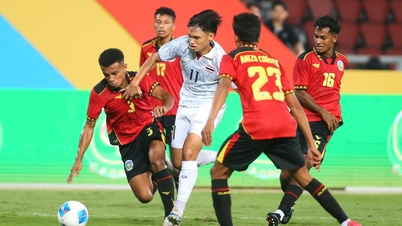
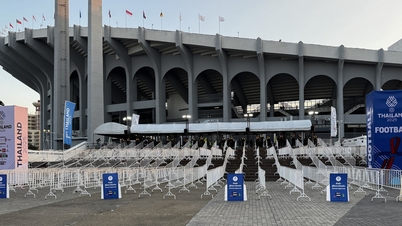

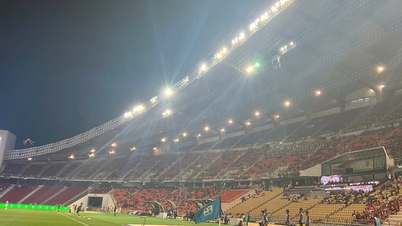
![[Photo] Worshiping the Tuyet Son statue - a nearly 400-year-old treasure at Keo Pagoda](/_next/image?url=https%3A%2F%2Fvphoto.vietnam.vn%2Fthumb%2F1200x675%2Fvietnam%2Fresource%2FIMAGE%2F2025%2F12%2F02%2F1764679323086_ndo_br_tempimageomw0hi-4884-jpg.webp&w=3840&q=75)
![[Photo] Parade to celebrate the 50th anniversary of Laos' National Day](/_next/image?url=https%3A%2F%2Fvphoto.vietnam.vn%2Fthumb%2F1200x675%2Fvietnam%2Fresource%2FIMAGE%2F2025%2F12%2F02%2F1764691918289_ndo_br_0-jpg.webp&w=3840&q=75)

























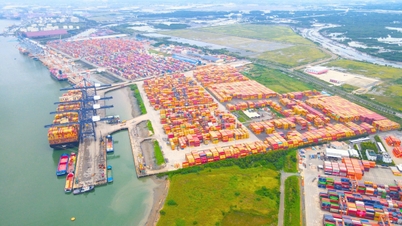






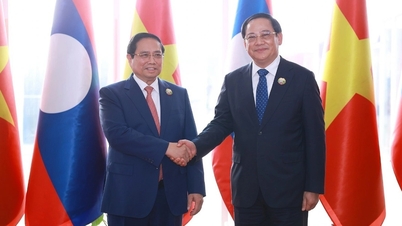














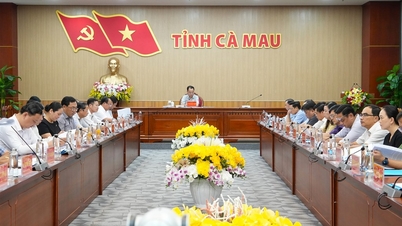

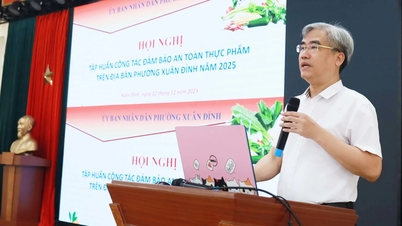
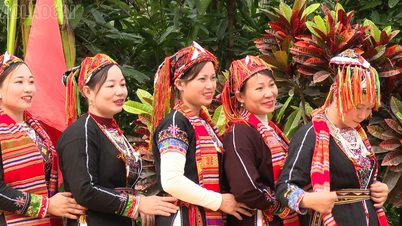

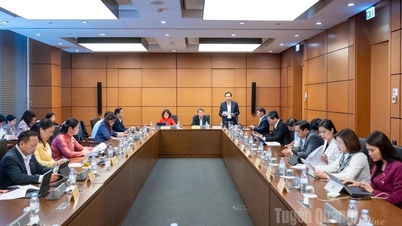

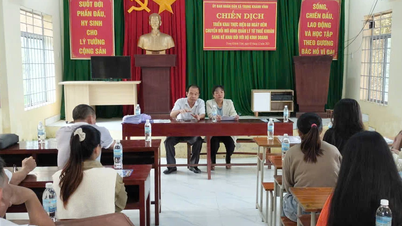















Comment (0)